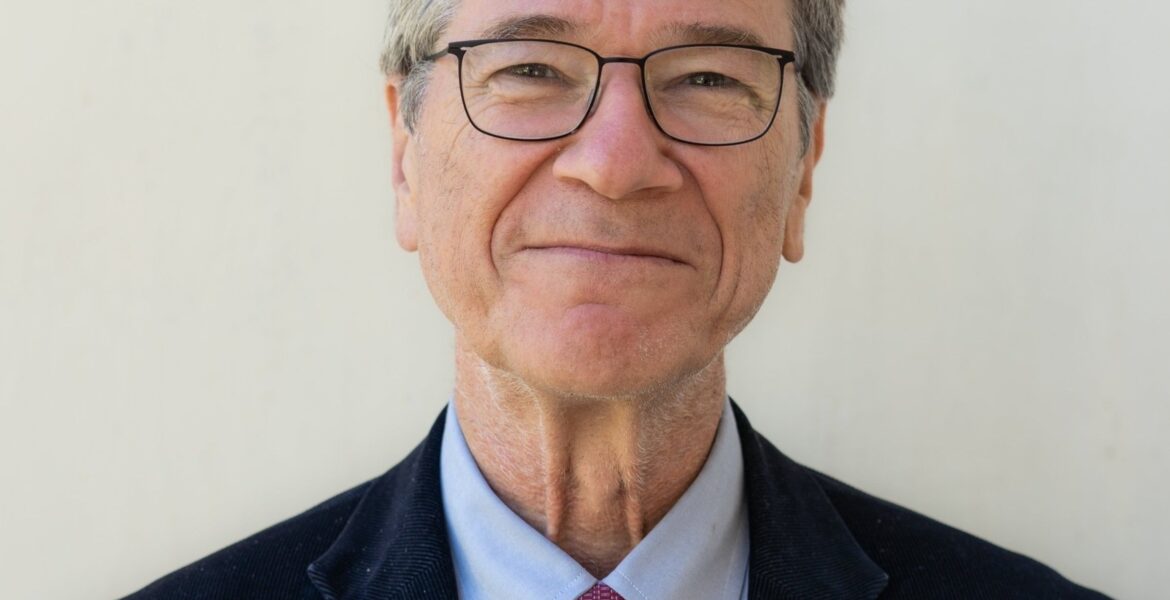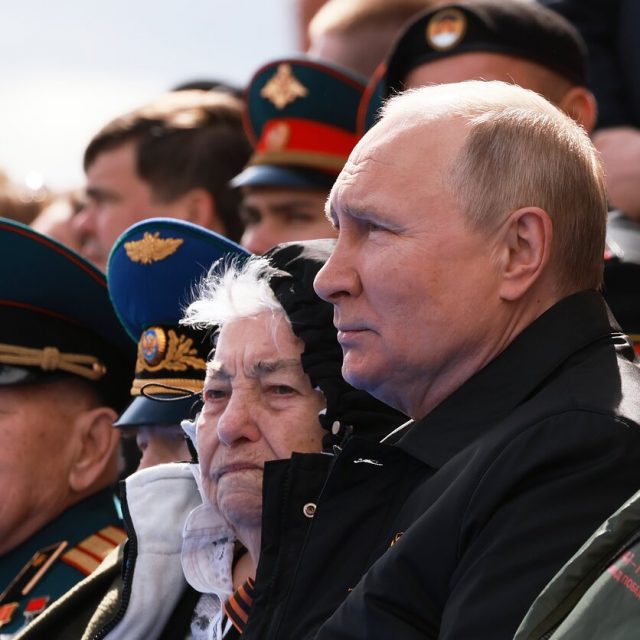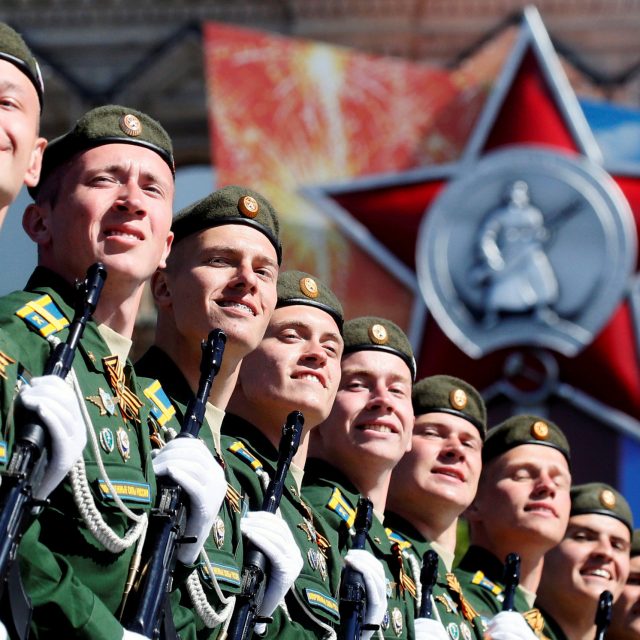The growing popularity of Columbia University professor Jeffrey Sachs in Europe is causing mixed feelings in political circles.
His most recent appearance was in Rome, 20 June. He presented his views to a group of Italian MPs and a group of observers on the war in Ukriane at a conference entitled “The European and Italian commitment to Ukraine”. Among the main guests and participants were Cardinal Monsignor Fabrizio Turriziani Colonna, Judicial Vicar of the Catholics of Armenia, Georgia, Russia and Eastern Europe, Undersecretary of State at the Ministry of Infrastructure and Transport Tullio Ferrante, Head of the Italian delegation of the EPP Fulvio Martusciello, MP Annarita Patriarca, Senator Francesco Silvestro, member of the Chamber of Deputies Francesco Maria Rubano and other prominent members of
the Italian public.
The keynote speech of the American professor at the conference provoked heated discussions. He began by blaming the war in Ukraine on the US and NATO: “The main reason for the war is NATO’s expansion to the East and its refusal to negotiate with Russia on this issue”.
Sachs particularly surprised his audience with the statement that President Putin’s latest proposals could be the basis for negotiations: “I don’t expect the West to accept the conditions put forward by President Putin. But I do expect the West and Ukraine to sit down at the negotiating table with Russia.”
This was in direct contradiction to the views of Italian Prime Minister Giorgio Meloni, who commented only a few days earlier in concluding the G7 summit that Putin’s cease fire proposal “seems to me more like a propaganda move than a real one.”
Sachs intervention appears to be an attempt to claw back some credibility for the Kremlin’s position. He also argued that further arms deliveries to Ukraine could escalate the conflict into a nuclear conflict. He noted the independent position of the Italian public on many issues and urged conference participants to be critical of the U.S. approach to the war in Ukraine.
This event in the Italian Parliament is not in itself a sign of a major change in Italy’s course, but the ideas of Jeffrey Sachs were seriously discussed and Italian politicians also spoke about the need for peace and negotiations. Most of them spoke in the spirit of the mainstream of current European politics. Cardinal Monsignor Fabrizio Turriziani Colonna, Judicial Vicar of the Catholics of Armenia, Georgia, Russia and Eastern Europe quoted the Pope as saying that negotiating peace requires courage and that it is the expression of heroism. He also condemned any war as a manifestation of injustice. The
Cardinal emphasised that peace negotiations require dedication as well as courage.
Interestingly, Sachs’ views on the war in Ukraine found support from right-wing British politician Nigel Farage, even though the American professor is known as a left-wing liberal and the British politician is a right-wing conservative. Farage stated in an article for the Daily Telegraph that NATO’s expansion
provoked Russia’s invasion of Ukraine. His comments drew widespread criticism from across the political spectrum in Britain.




